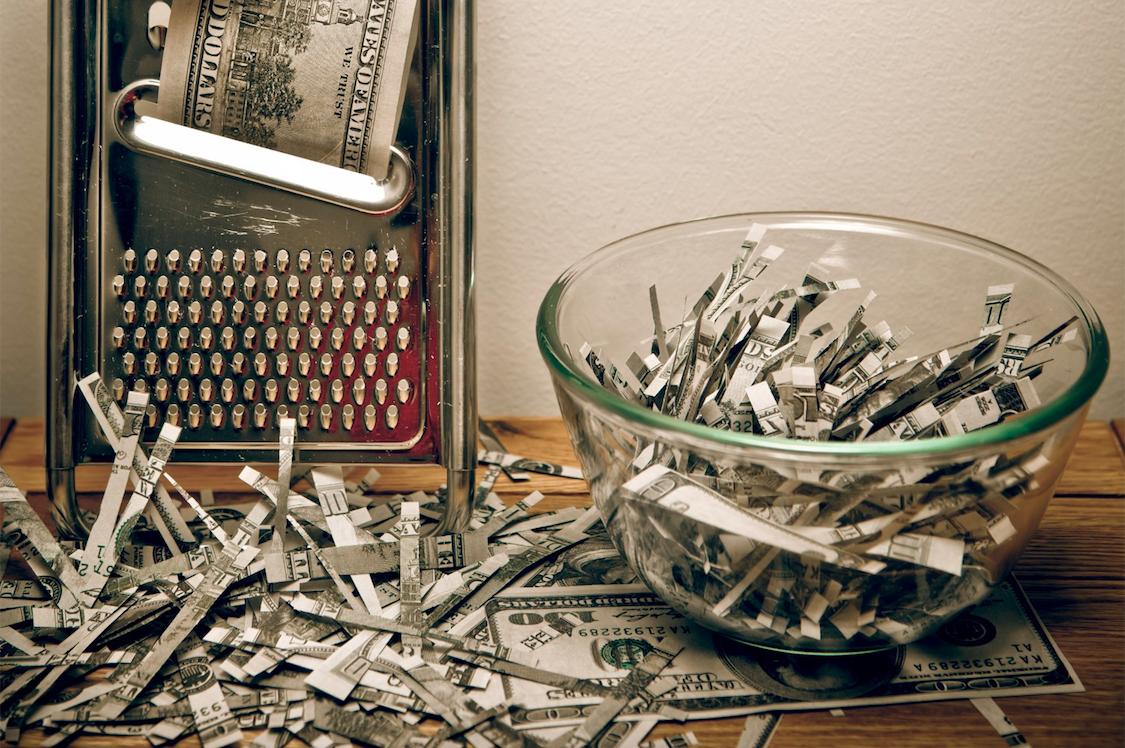On the surface, saving money doesn’t seem complicated. Yet spending less now doesn’t always pay off in the long run. Here are eight quick moves you may think will save you money, but which could end up costing you more over time.
1. Promotional Rates On TV/Internet
Many TV and internet service providers will give you a promotional rate if you agree to remain a customer for a specific amount of time, usually 12 months. After that period is up, however, you may be gouged by rates the provider describes as “normal.” Taking the initial promotional rate isn’t necessarily a bad thing, but learn to haggle with your provider after that to make sure you’re not over-paying.
2. Coupon Clipping
Using a coupon for an item you were going to buy anyway isn’t a bad thing. The problem comes in when you attempt to save money only for the purpose of doing so, meaning you spend more overall than you initially planned. Put another way, coupons may tempt you to unnecessarily spend on things that you shouldn’t or normally wouldn’t.
3. Not Using Your Credit Card
It may feel like completely paying off your credit card and never using it again will save you money and improve your credit score. In actuality, it’s not a bad thing to use your credit card. Just try to keep your balance below 30 percent of your credit limit. This will actually improve your credit score by showing creditors that you make payments on time without over-spending.
4. Using Discount Websites
This is similar to the coupon-clipping tip. If you use websites such as Groupon or Living Social for items you’re already going to buy, you’re probably fine. But all too often, these sites tempt you into buying things you don’t actually need, causing you to unnecessarily spend in the long run.
5. Skimping on Insurance
It can be tempting to take out an insurance plan with the lowest possible premiums, but this is a gamble that can seriously cost you later. Take auto insurance, for instance. A cheap plan may help your bank account now, but if you end up getting into an accident, it could cost you big time to repair your car, or leave you with no car at all.
6. Purchasing Cheap Furniture
Furniture is one area where it’s best to spend more now to save money later. If you buy a cheap bed, dining room table or sofa, it may leave you with a bit of extra cash right now. These low-quality items may end up costing you later, however, because you’ll need to repair or replace them. It’s better to invest in quality furniture that could end up lasting for most of your life.
7. Buying Food in Bulk
If you’re in charge of buying food for a large family, buying in bulk might be helpful. That said, if you’re only buying food for yourself or for a couple, buying in bulk doesn’t always make sense. This is particularly the case with produce items or anything that can spoil. It may feel like you’re saving money up front, but if half the food you buy goes bad before you consume it, you’re really just wasting money.
8. Setting a Strict Budget
It’s true that an ultra-strict budget may save you money, but it’s really about setting good spending habits and abiding by them throughout your years. Strict limits on spending can be a mental drain and unnecessarily stressful. A strict budget can also eventually tempt you into binge spending, which is a road you don’t want to go down. It’s much better to follow informed habits that will benefit you for the long haul.
Saving money effectively can be a challenge. What seems like a good deal now could end up costing you more down the line. A general rule of thumb is that if it seems too good to be true, it most likely is. Instead, teach yourself sound money-saving habits you can use for the rest of your life, and financial stability will always be within arm’s reach.







